Continuing to step up the fight to prevent and repel smuggling, trade fraud, counterfeit goods, and intellectual property infringement according to Official Dispatch No. 72/CD-TTg dated May 24, 2025 of the Prime Minister will be an important solution to further clarify the goods market, orient Vietnamese consumers to focus on using goods with clear origins, as well as promote commercial civilization.
Regarding this content, Hanoi Moi Newspaper talked with Mr. Nguyen Binh Minh, Executive Committee Member of Vietnam E-commerce Association.
- Counterfeit and fake goods are rampant on e-commerce platforms recently. What do you think is the main reason?

- It can be seen that counterfeit goods and intellectual property violations are a painful reality in both traditional markets and e-commerce platforms.
Many sellers put counterfeit goods on e-commerce platforms and consider this as one of the channels for distributing counterfeit goods. Many of them know that the goods are counterfeit but still sell them, but there are also those who sell them without knowing that they are counterfeit, because they do not have enough skills to recognize them. On the business side, there are also businesses that know that the goods are counterfeit but still make or sell them, or there are businesses that do not know that the products are counterfeit because they are manufactured very sophisticatedly.
On the other hand, counterfeit goods on e-commerce platforms exist because there is still market demand and partly because of consumer awareness. There are many consumers who are willing to buy counterfeit products even though they know they are counterfeits of famous brands or because the products are cheaper and more affordable than the real ones. There are also people who lack information and choose the wrong product.
- How do you evaluate the effectiveness of preventing counterfeit goods on e-commerce platforms?
- The work of preventing and combating counterfeit goods has been and is being vigorously implemented. On the part of e-commerce platforms, the identification of sellers is being done quite well, with evidence that sellers can be traced quite easily, as well as tax collection can be effectively implemented in e-commerce. Platforms also find it easier to monitor and detect suspicions of counterfeit business.
To be able to do business, sellers on e-commerce platforms must provide valid documents. This is complied with by most sellers so as not to affect their business activities, thereby making it easier to investigate counterfeit goods on the platform. Although e-commerce platforms can only detect suspicions without the right to request appraisals, conclude counterfeit goods and handle violations, they still play an important role in helping management agencies monitor suspicious business activities.
However, the identification of sellers still needs to be tightened to avoid the situation where many people use different or fake identifications to do business. To ensure safety, businesses need to use high-tech traceability stamps for their products and promote post-inspection activities to check business activities, thereby minimizing counterfeit goods as well as counterfeit violations.

- So what mechanism is needed for genuine product brands to reflect and prevent counterfeit goods on e-commerce platforms, sir?
- When encountering a product suspected of being counterfeit, businesses have the right to request the e-commerce platform, where the brand's counterfeit products are sold, to take measures to remove and prevent them. In addition, businesses can contact the National Competition Commission to protect their rights as well as contact the Department of E-commerce and Digital Economy ( Ministry of Industry and Trade ) - the competent authority to evaluate and notify the e-commerce platform as well as the seller, to remove the counterfeit product. If there is enough data on the violation, it can be reported to the market management agency or the economic police so that the competent authorities can handle it.
- In your opinion, what is the current awareness of consumers in preventing counterfeit and fake goods?
- In general, with common products such as electronics, clothing, footwear, etc., not many consumers have reported to authorities (such as the National Competition Commission, the Department of E-commerce and Digital Economy and local market management agencies) when discovering counterfeit goods. Only recently, when many types of counterfeit goods directly affect health such as food, functional foods and medicines, have consumers paid more attention to this issue. Therefore, it is necessary to promote propaganda to raise awareness among consumers, thereby paying attention to using high-quality Vietnamese goods and saying no to fake and counterfeit goods, requiring goods to have traceability and promptly reporting to authorities when encountering counterfeit goods.
I believe that with the current peak of the fight against smuggling, trade fraud, counterfeit goods and intellectual property infringement, the task of combating counterfeit goods and intellectual property infringement will be given more importance in the business activities of enterprises as well as consumers to rekindle the spirit of Vietnamese people in paying more attention and promoting the use of quality goods, origin and promoting civilized trade. Thanks to that, the reputation and quality of Vietnamese manufacturers will be enhanced and the problem of counterfeit goods will be prevented, ensuring the health of the market and the digital economy.
Thank you very much!
Source: https://hanoimoi.vn/can-coi-trong-hon-nua-viec-chong-hang-gia-hang-nhai-704329.html



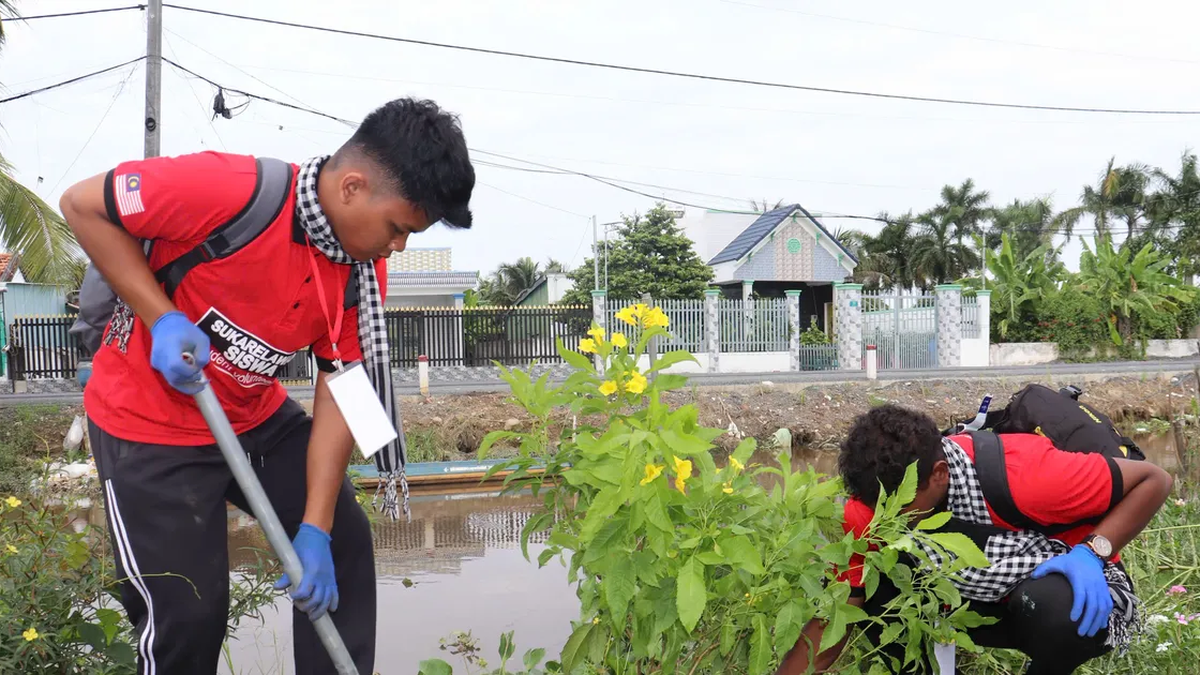

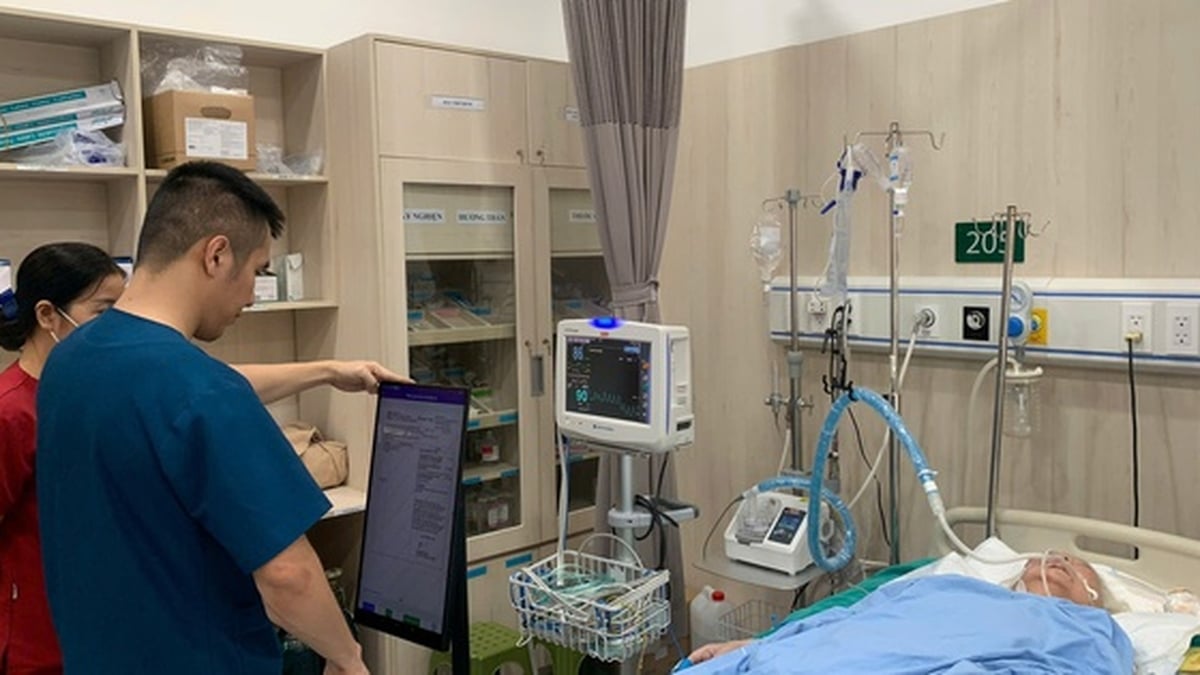
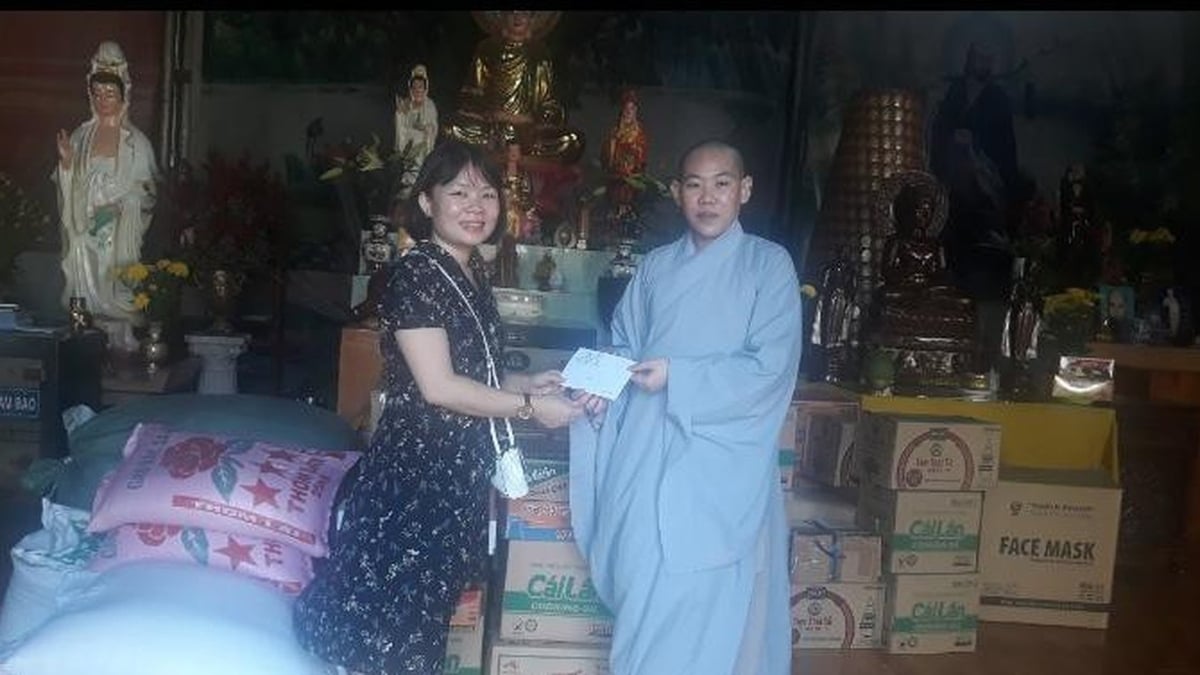
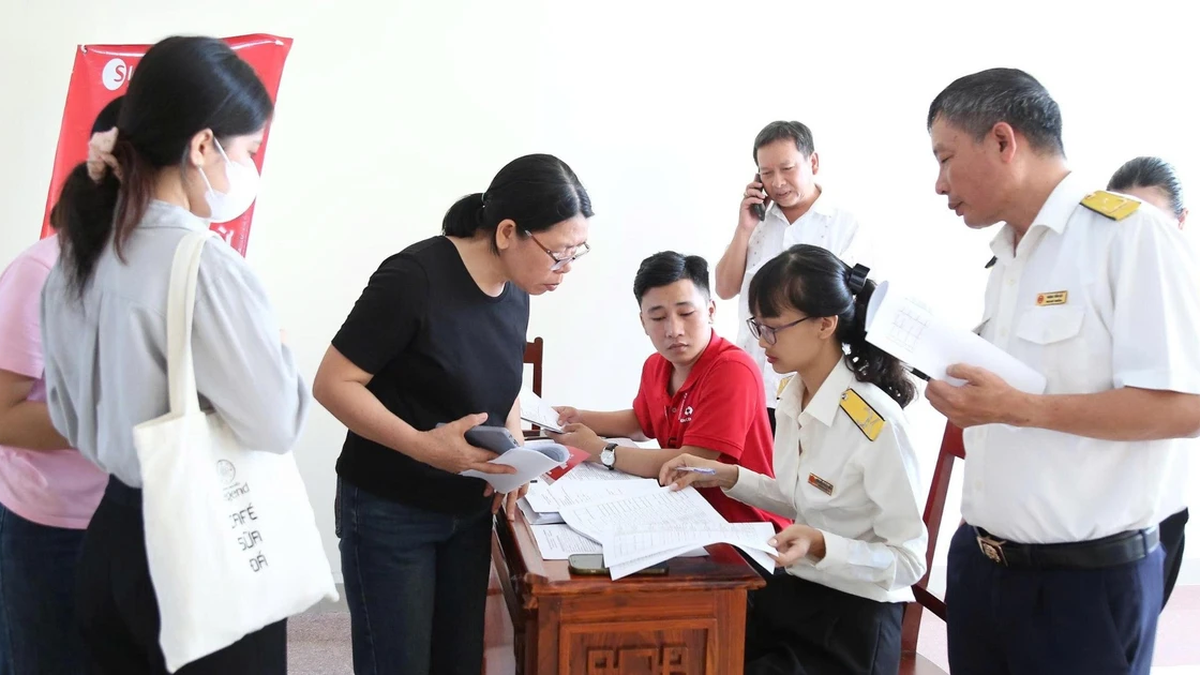

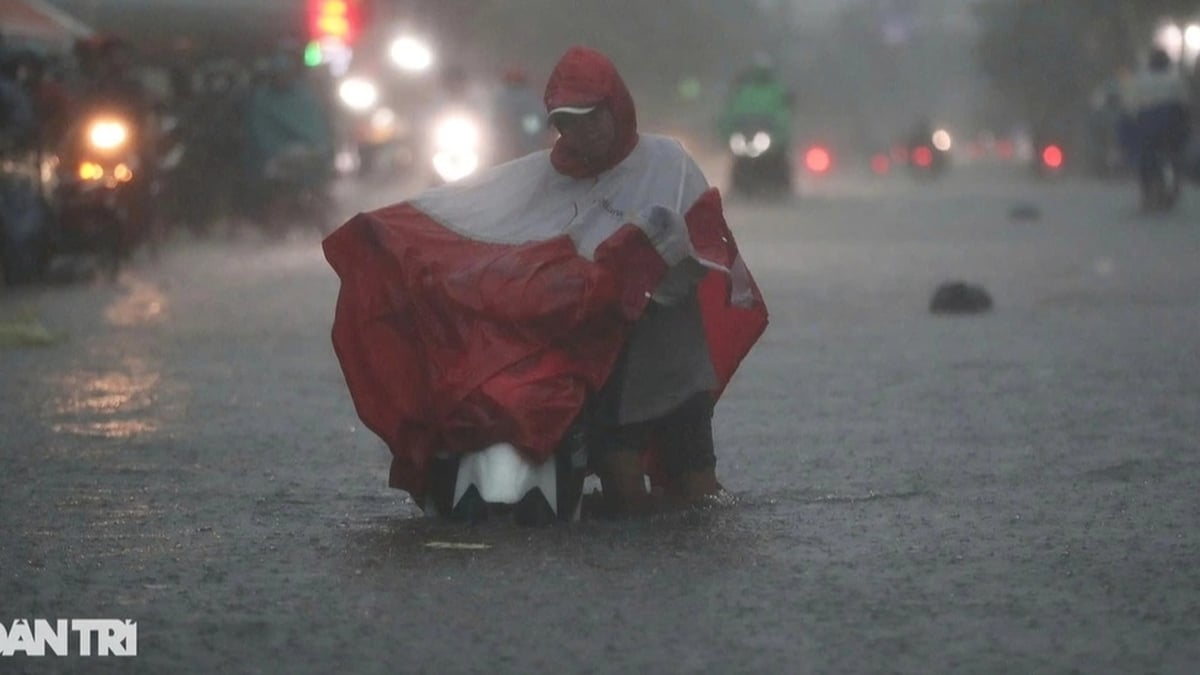
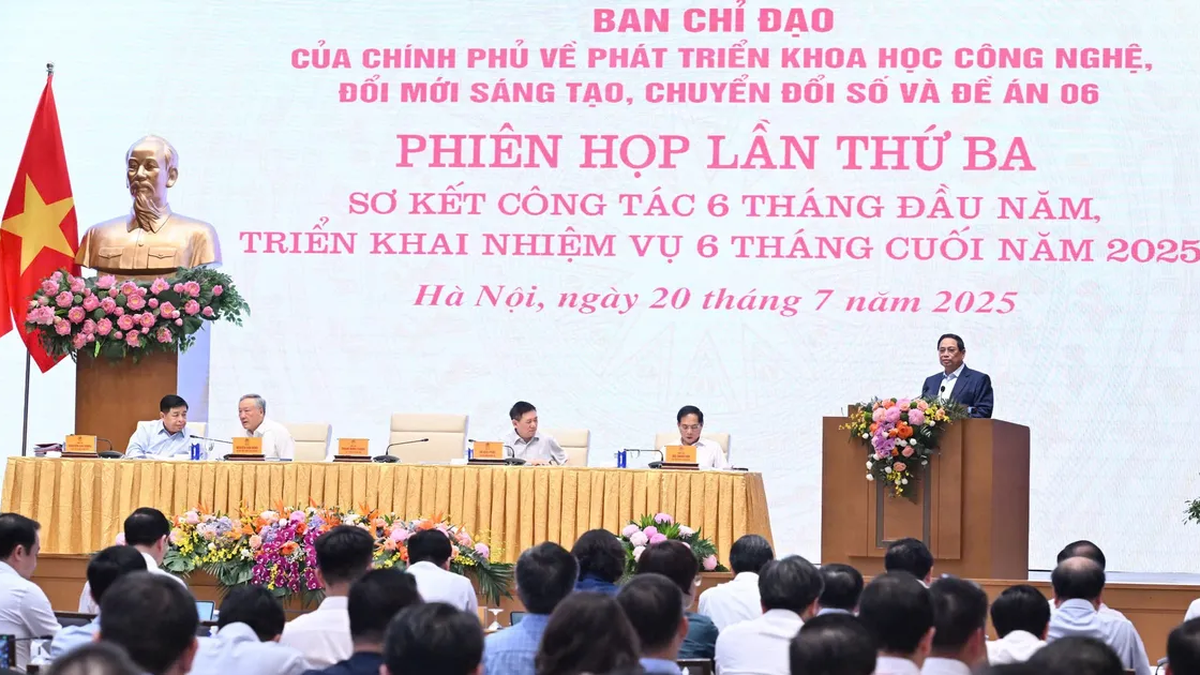















![[Photo] National Assembly Chairman Tran Thanh Man visits Vietnamese Heroic Mother Ta Thi Tran](https://vphoto.vietnam.vn/thumb/1200x675/vietnam/resource/IMAGE/2025/7/20/765c0bd057dd44ad83ab89fe0255b783)









































































Comment (0)